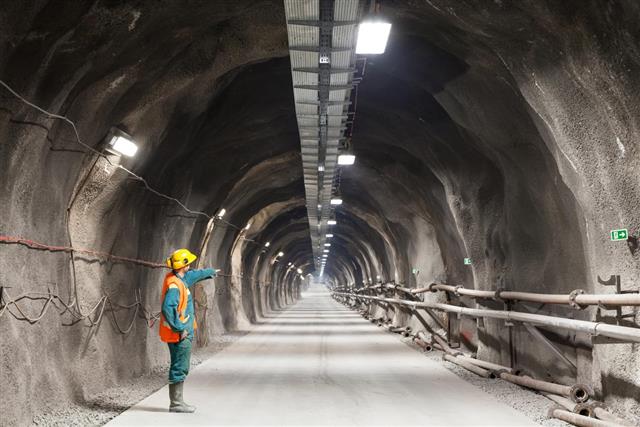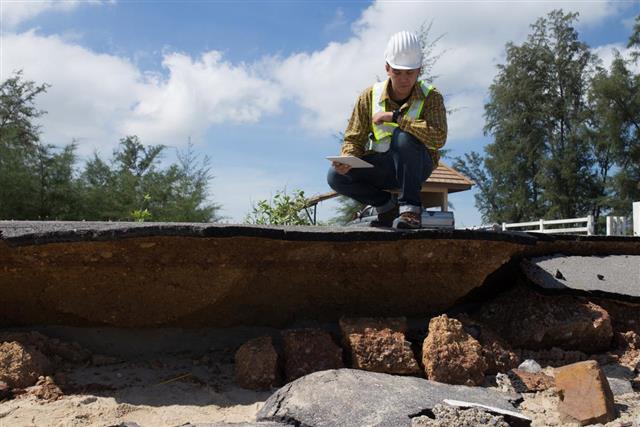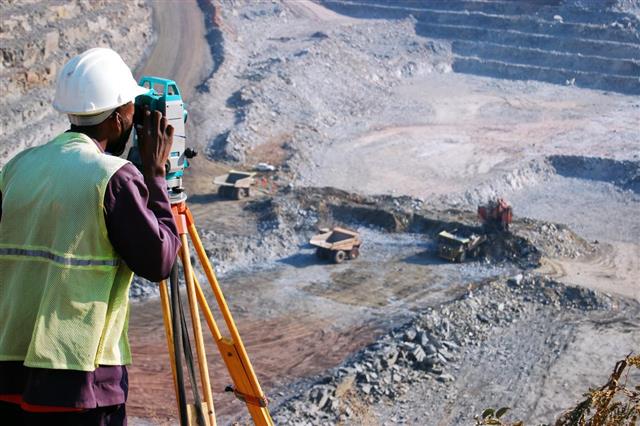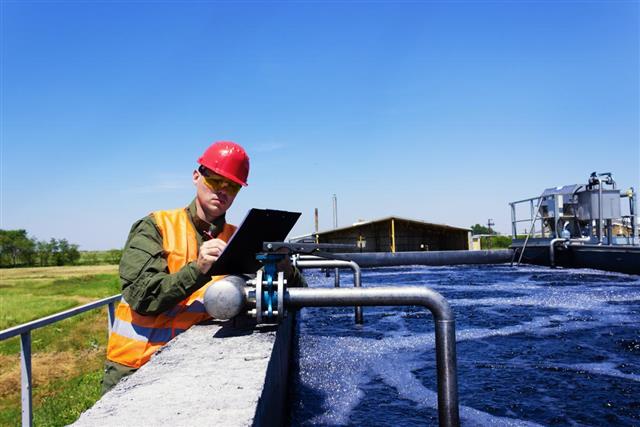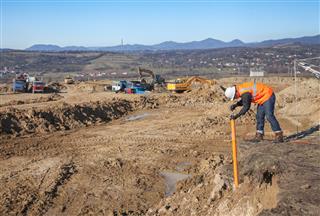
Heavily influencing our daily lives, civil engineering is used to design, create, and maintain public structures. Civil engineering can be subdivided into many branches, each of which has been briefly described in this CareerStint article.
Also known as the ‘mother of all engineering, civil engineering is a field of scientific engineering which uses mathematical equations, mechanic theories, laws of physics to plan, construct, and maintain structures, that are used publicly. In the modern world, civil engineering is important for the development and day-to-day functioning of our society. Due to the vast need for infrastructure across the globe in different places and for various purposes, civil engineers specialize in many different fields. These professionals plan and build public structures, such as power plants, dams, bridges, monuments, and even entire cities. Some of the most significant branches of study include structural engineering, hydraulic engineering, environmental engineering, transportation engineering, and geotechnical engineering, among others. We will now look at a brief description of each of these types of civil engineering, and learn about their various applications and importance in our lives.
THE DIFFERENT BRANCHES OF CIVIL ENGINEERING
This type of engineering covers the study and analysis of various structures. The job of a structural engineer is to see that any structure that is being built can handle internal and external stress and load according to prescribed safety standards, and that it can handle natural calamities and changes in weather, such as earthquakes, storms, rough seas, etc. They also have to create plans to check that the structure preforms its functions without any problem, in the way that it should. This job is known to be quite stressful, as lives depend on them doing their job in the right way. They ensure that we don’t need to worry whether a building is going to collapse or not.
Construction Engineering
This is one of the more popular fields for civil engineers, where they are contracted by project developers and builders, to manage the construction of various structures under a fixed time and cost frame. These engineers need to plan and implement designs given to them by structural, environmental, transportation, and other related engineers, to the exact specifications. They have to be on site and supervise the entire project from start to finish. Being a construction engineer requires strong knowledge about the field, and the ability to plan for problems such as bad weather. It is a demanding and high-pressure job, due to the large amount of money that is invested in the project to be completed in time.
We consume water every day, and use it for various purposes without a thought of concern about its safety. It is the job of public health engineers to ensure that we don’t need to worry about such things. Engineers working under this branch of civil engineering work with setting up water supply and other related infrastructure development in the public sector. They are primarily tasked to create drinking water and sewage treatment systems. The work can vary depending on the number of people who are dependent on the system, and also the various technologies that are used in these projects. A good engineer will require a strong base in hydraulic and structural engineering, along with the technical skills required for designing water systems.
Specialists in this branch have to have a good foundation in slope stabilization, and designing foundations of various structures and buildings. The knowledge of soil mechanics is a must. This is to see how much load the ground in a particular area can take before the construction can take place, depending on the mineral makeup. They also analyze existing structures which are having problems in or near the foundations. This branch widely comes in use for construction, petroleum, and mining firms.
People working in this branch of engineering work to develop ways to prevent and reduce pollution of natural environment, without affecting any development. This field covers industrial activities, such as mining, and also in cooperation with urban planners to reduce pollution in populated areas. Environmental engineers are usually a part of government regulatory bodies, or private organizations which monitor pollution levels across the globe, to protect all forms of life.
Also known as hydraulic engineering, this field deals with the physics of liquids, and is essential for designing and creating man-made hydraulic structures, such as canals and dams, while maintaining high safety standards. Hydraulic engineers study rivers, streams, ponds, and groundwater, and use their knowledge to effectively put these water sources to optimum use. The most common projects in this field are planning, and creating and maintaining storm water retention and detention structures.
We use roads, traffic signals, bridges, etc., almost every day without giving it a second thought. Transportation engineers make this possible. The primary function of transportation engineers is to plan, build, and maintain roads and public transport systems. Proper implementation of transportation engineering results in safe and convenient modes of transport, smooth flow of traffic, and lesser congestion and accidents. They also ensure that these projects are financially and environmentally viable. A majority of these engineers work for the government for urban planning, air transport, river transport, and ocean transport projects.
Survey Engineering
This kind of engineer primarily works to study the topography of an area, using various instruments to accurately map the terrain. This branch is important to properly measure property lines, plan the size and layout of bridges, highways, and other constructions. Survey engineering can be divided further into plane and geodetic surveying. Plane surveying does not account for the curvature of the earth in its measurements, while geodetic surveying does.
Municipal engineers work for the government to plan, manage, and maintain urban areas. Any development such as sewers, sidewalks, streetlights, waste disposal systems, public parks, etc., that takes place in these areas are studied and approved by them. It is their job to get engineers with various specialties to come together for the ideal implementation of such services. Their work ensures that the public has a nicely functioning place to live in.
Civil engineers who work in this field look after structures that are on the coast on in the sea, e.g., embankments. They ensure that such structures are built correctly, without disturbing the area. They work to prevent and repair the erosion of coasts, and to facilitate transportation in these areas.
Material engineers study and analyze the materials which are to be used in construction projects. They have to check for the strength and chemical properties of these materials, such as concrete, paints, and metals, to determine the best inputs according to the project specifications. They also work to analyze the reasons behind failed projects, using the various principles of applied physics and chemistry.
Civil engineers in this field of engineering have to have good knowledge about seismic activities in the earth. They need to have expertise on how to design, make, and maintain structures that are quake resistant.
As the name suggests, tunnel engineers specialize in designing, constructing, and maintaining tunnels, with all the necessary safety standards in mind. Depending on the required specifications of the project, these engineers build tunnels for roads, waterways, and trains.
Using mathematical models of various systems, engineers in this field create systems with particular functions in mind. Used in mechanical elements of structures or in vehicles, using either manual or computerized inputs, is the main objective of control engineers.
This branch of engineering is used to investigate materials, components, and products used in projects that have failed completely, or do not work as it is intended to do. These engineers also look for procedures that may have caused accidents, so as to prevent such incidents from happening again, and to set up improvements. Forensic engineers also help courts settle intellectual property claims disputes as far as patents are concerned.
In recent years, the demand for qualified and competent civil engineers has far exceeded the supply, and the economy gives these professionals huge pay levels. It is a great opportunity for anyone with a logical mindset and a passion towards this field.


